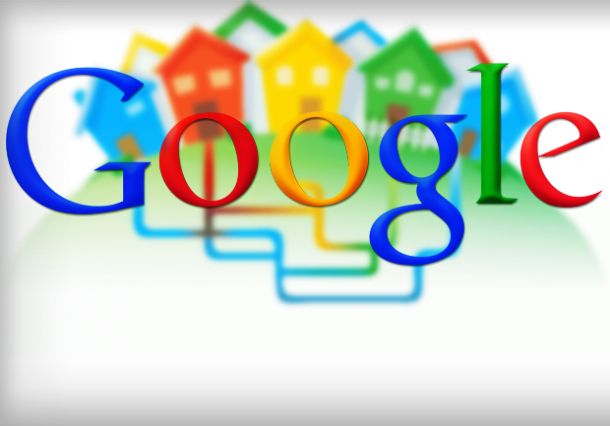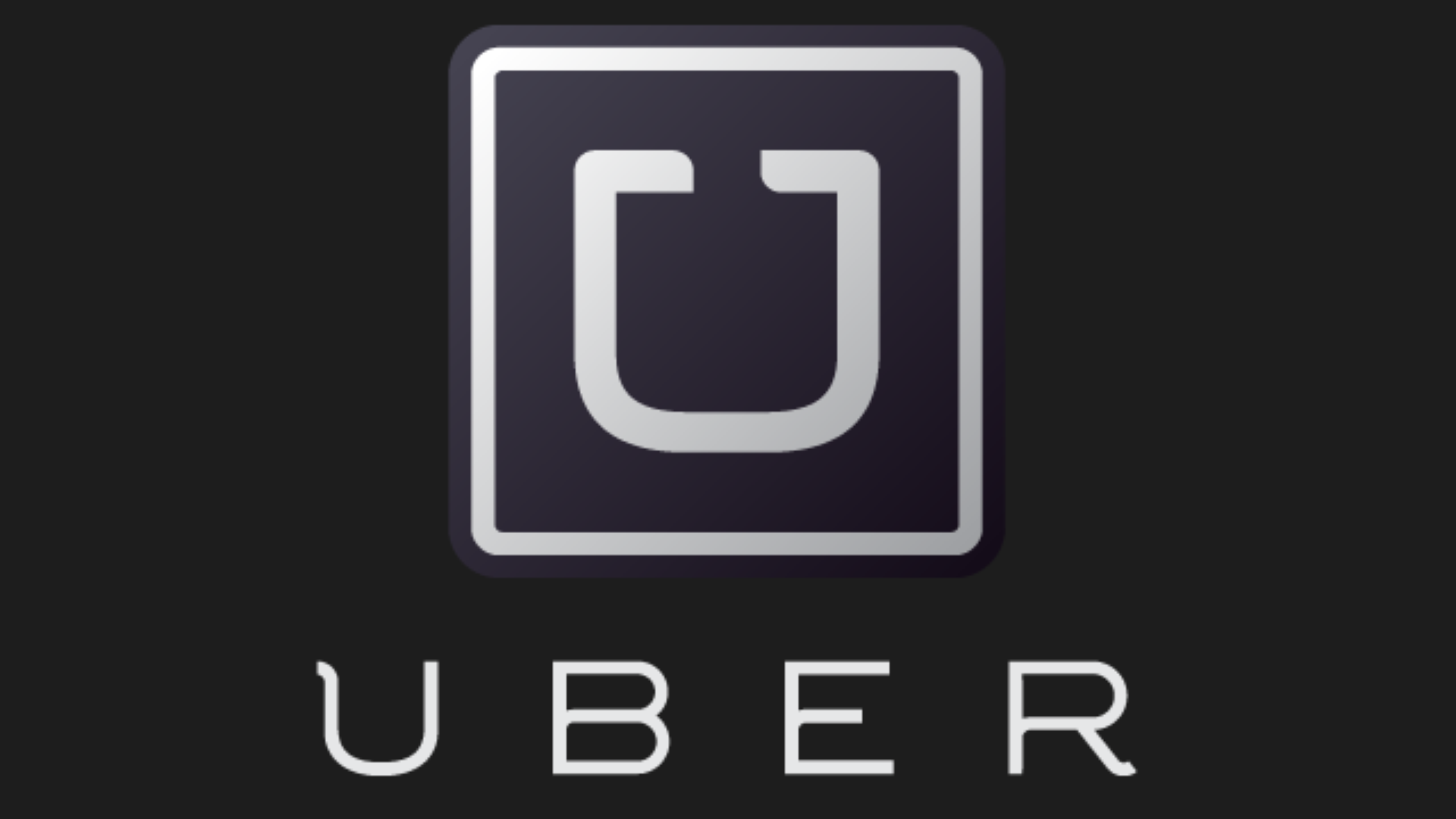Google Gigabit Could Get Gloomy
As Google pushes forward with its plans for gigabit fiber Internet access, I wonder if they are considering the repercussions from competitors. As they offer a free 5MB downstream of the Internet for anyone willing to pay the $300 installation price, this could greatly tear into profits of competing ISPs in those areas. Could Google wind up in court yet again for being innovative?
1. The Competition – It seems that if you’re not with Google, then you’re against them. Since the search engine super-giant threw the hat into the ring of mobile computing, everyone not supporting Android has barked up Google’s tree.
If Google is true to offering free Internet and residents eat up the idea, this could be extremely troublesome for the competition. Before long, a class-action suit could be filed against Google for trying to monopolize the market or some other technical jargon that can be spun by money-hungry lawyers.
It’s not Google’s intention to rob various ISPs of potential income using trickery devices, but it’s to promote interest in the service. If a service provider wants to quell the damage wrought by Google’s advertising team, it needs to devise its own form of damage control. Any marketing campaign can be countered if the competition can dedicate themselves to providing a better deal to consumers.
2. Microsoft Revisited – Do you remember when Microsoft had to divide itself up because too many competitors were complaining about the power the software mega-giant wielded? Could a similar instance happen to Google?
It is ridiculous to imagine that if a company grows too large, our law enforcement officials can say when it needs to be reduced. Isn’t that the whole premise of living in the “land of opportunity?” Instead, we pay too much attention as to not hurt anyone’s feel-goods that we sacrifice much of what this country was built on. Tolerance doesn’t mean “to placate.”
3. More than Internet – One of the features offered through fiber optic from Google is the Fiber TV service. Now, they are planning to pummel cable and dish networks. If the service is better, then so be it.
If cable and dish competitors want to stay in the game, they need to develop innovative plans themselves. If it’s not cost effective to install fiber optic lines to replace aging copper, then something else will need to be addressed.
4. Adaptation – As with any activity on a network, you’re only as fast as your slowest router. If you have a 1GB connection, it doesn’t mean that you’ll stream data from YouTube at the same rate. Communication servers and routers between your Internet connection and YouTube’s actual server could have considerable lag on them.
In order for consumers to get really excited about 1GB downstreams, Google needs to devise a plan relating to latency on aging communication lines. I still have full intentions on paying Google to install fiber optic at my home as soon as they come in the area. I just hope it’s as fast as it looks on paper.
It may be years before some of these services begin seeing the decrease of a customer base, but it could still happen. As time and fiber progresses, competitors will slowly come from the wood-work to spell trouble for advanced technology. They always do.
As many companies seem to believe that innovation comes from lawsuits, Google will need to tread lightly. Although we may think some of these lawsuits are insanely frivolous, it is still cause for concern about where and when the next volley of them will appear. Personally, I believe Google should give away free Internet if they can afford to do so. If the competition is hurt by this practice, then the competition needs to come up with a better plan.
Jason Miner plays a vital role for www.blogcarnival.com. He is an expert in writing topics of different categories. He is helping the carnival team to grow & working on making this an even better place for bloggers.




Leave a Comment